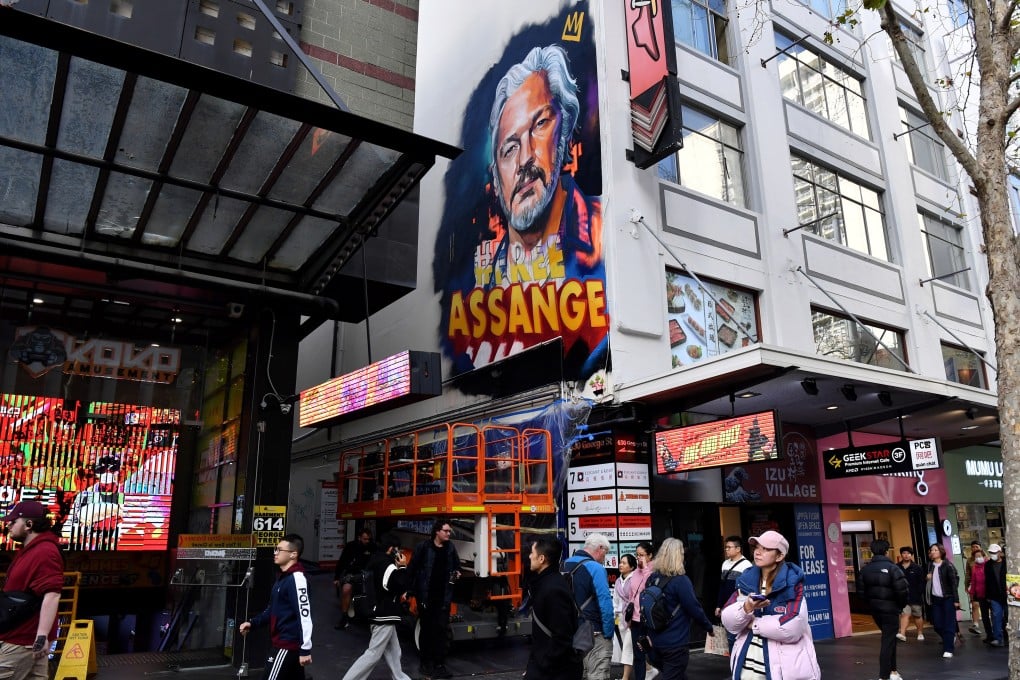Advertisement
As US-Australia ties deepen, are calls to free Julian Assange just ‘mandatory rhetoric’?
- Australian lawmakers have been piling on the pressure recently for Washington to end its persecution of the imprisoned WikiLeaks founder
- Even Albanese says it’s ‘gone on for too long’. But observers say the PM will ‘look weak and ineffectual’ without actions to back up his words
Reading Time:4 minutes
Why you can trust SCMP
62

Su-Lin Tanin Singapore
Australian senators have piled on the criticism of the United States following its latest refusal to release Julian Assange, but experts say their censure will amount to little as Canberra seeks deeper relations with Washington.
Some lawmakers and commentators are agitated that – despite having offered to house more American troops – Canberra was unable to leverage its relationship with Washington at last weekend’s Australia–US ministerial consultations (AUSMIN) to end Assange’s incarceration.
While the two countries did agree at the annual AUSMIN forum to a “combined intelligence centre” that would embed more US intelligence personnel within Australia, there were also signs of growing impatience at Washington’s lack of a quid pro quo.
When asked last week why American military officer Chelsea Manning – who leaked classified US records to Assange’s WikiLeaks database – had been freed while the Australian journalist continued to languish in jail, Secretary of State Antony Blinken said Assange had “risked very serious harm” to national security and asked Australians to understand US “sensitivities”.

Some observers called Australian Prime Minister Anthony Albanese’s administration a subservient “client government” of the US following Blinken’s remarks. Senators in Australia hit out at the implications of Assange’s case for freedom of speech and accused the US of covering up war crimes, including its illegal invasion of Iraq.
Advertisement